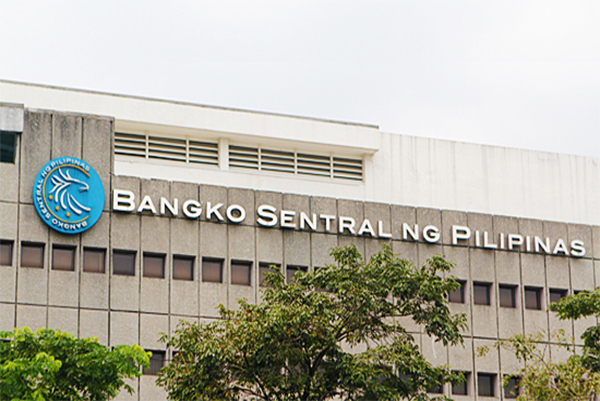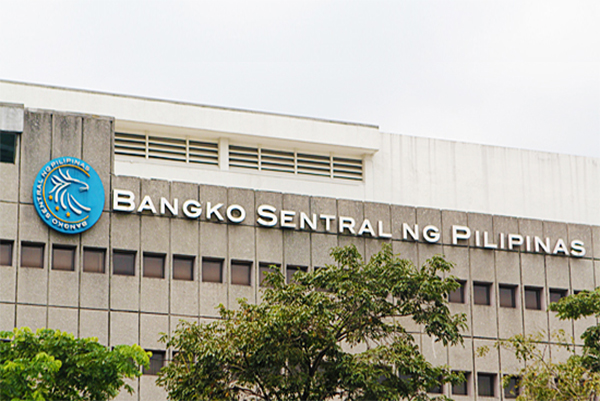BSP: BPM revenues overtaking OFW remittances ‘not a bad thing’

Date:
August 17, 2016
SHOULD revenues of the business process management sector overtake remittances of overseas Filipino workers in the short-term, an official of the Bangko Sentral ng Pilipinas (BSP) believes this should not be a cause of worry, as this spells diversification in the Philippine economy.
BSP Regional Monetary Affairs Managing Director Iluminada Sicat, who was in Cebu on Tuesday, said that while she cannot determine if BPO revenues will exceed OFW remittances in the short-term, she maintained that the BPO sector has contributed greatly to where the Philippines is today.
“If it (BPO revenues) takes over, it is still good for the economy because it provides employment to our people, which, in turn, stimulates the economy,” she said.
According to the central bank, OFW cash remittances reached $25.76 billion in 2015, up 4.6 percent from $24.63 billion in 2014.
Also last year, the Information Technology-Business Process Association of the Philippines reported that the BPO industry exceeded its targets in 2015, generating $22 billion in revenues with 1.1 million direct employment generated.
In addition, the organization previously predicted that BPO revenues will overtake OFW remittances by 2017. Previously, the BSP lowered the projected growth in OFW remittances to four percent from five percent in 2016.
With the slowdown in developed economies and the drop in oil prices, which have reportedly caused the retrenchment of some OFWs based in the Middle East, Sicat said growth in remittances will likewise run slow.
“Everytime there is readjustment in a country where we have OFWs deployed, what we noted is that there is some slowdown but our growth will continue. It’s still growth, but not as big (as in the past years),” she said.
The BSP official, citing the Philippine Overseas Employment Agency (POEA), said that since Filipinos are preferred employees, especially in the Middle East, they are the last set of non-residents terminated at work.
The country’s retailers have also expressed concern on reports of some Filipinos being laid off in the Middle East.
Philippine Retailers Association (PRA) president Paul Santos, in a recent interview, said that should the case of oil-producing countries worsen, the retail sector and consumption in general will be affected as well.
“If the price of oil continues to drop, Filipinos overseas risk losing their jobs and that will have an effect on retail sales, although that possibility is offset by the growth of the BPO,” Santos said.
Government data reveal that remittances from the Middle East accounts for 22 percent of the total OFW remittances in 2014 and in 2015, with 17.5 percent of this coming from OFWs based in Saudi Arabia and the United Arab Emirates.
Source: http://goo.gl/wFJV8d















